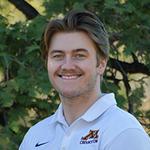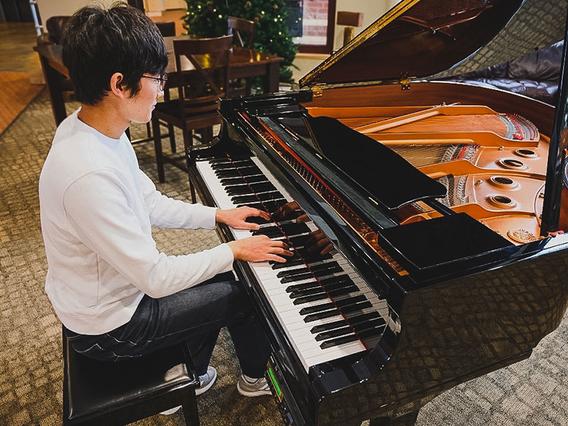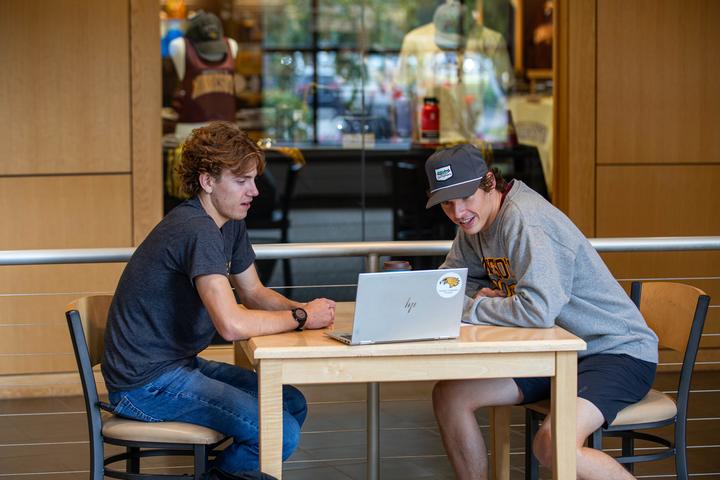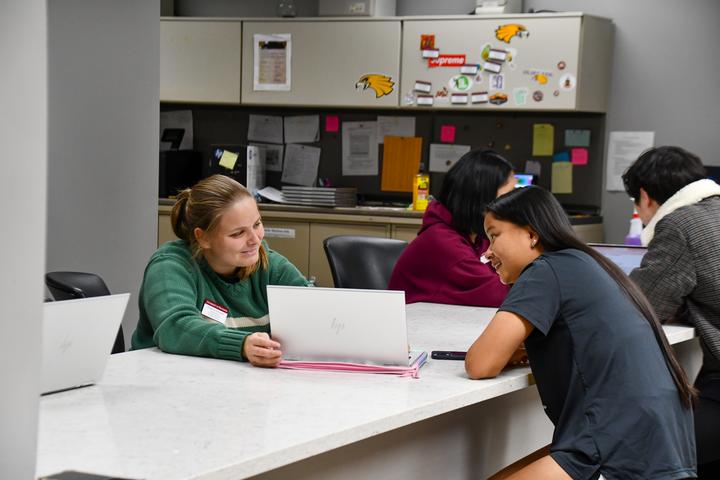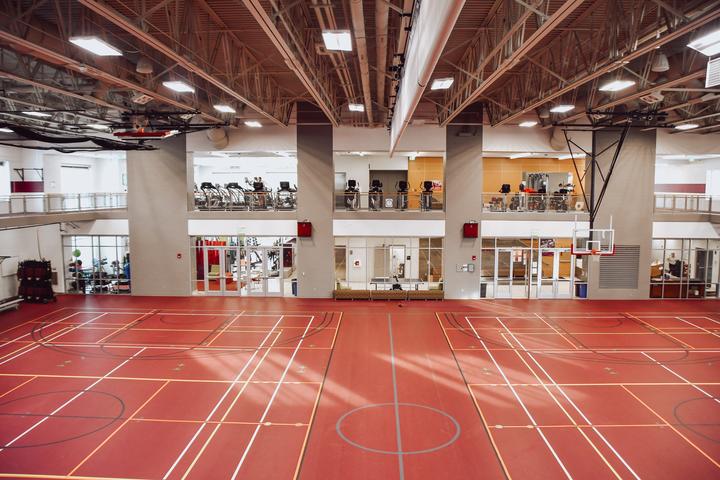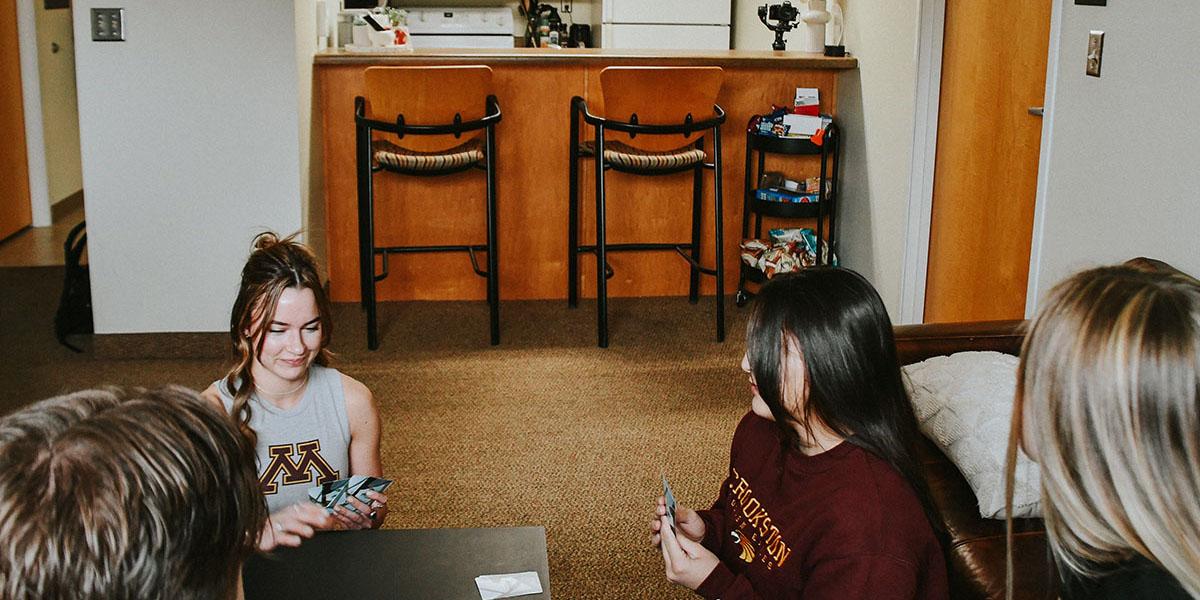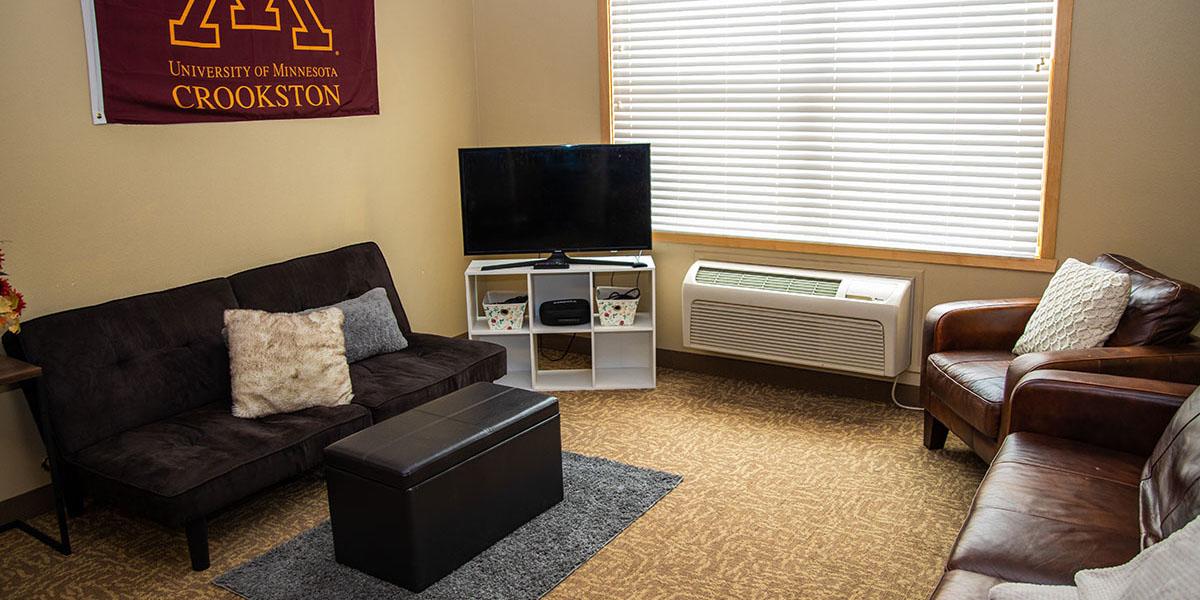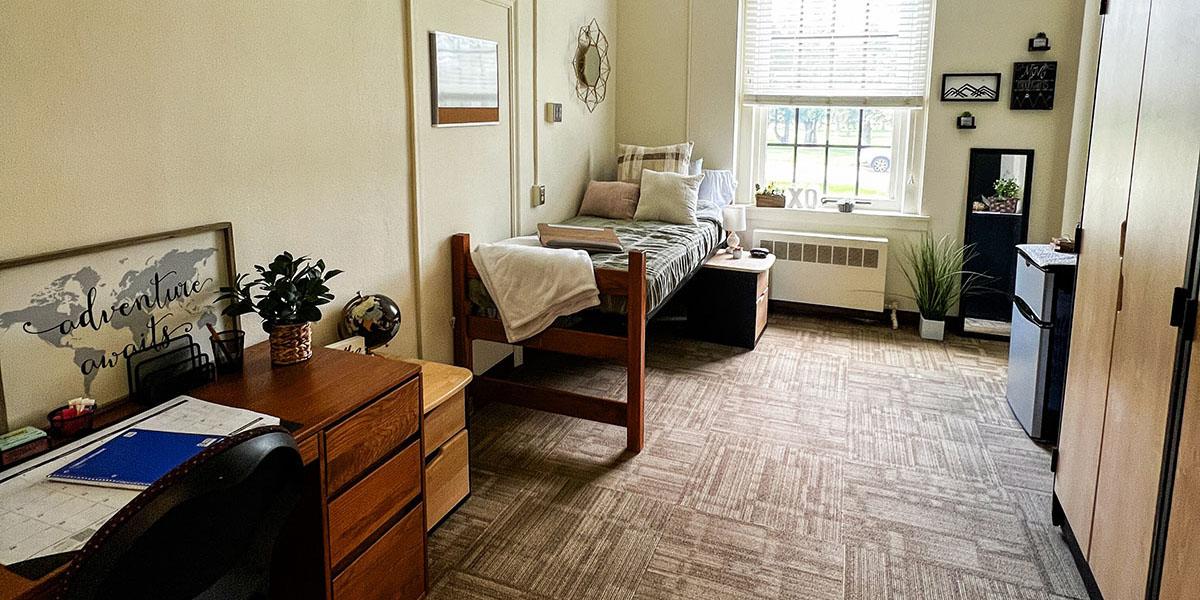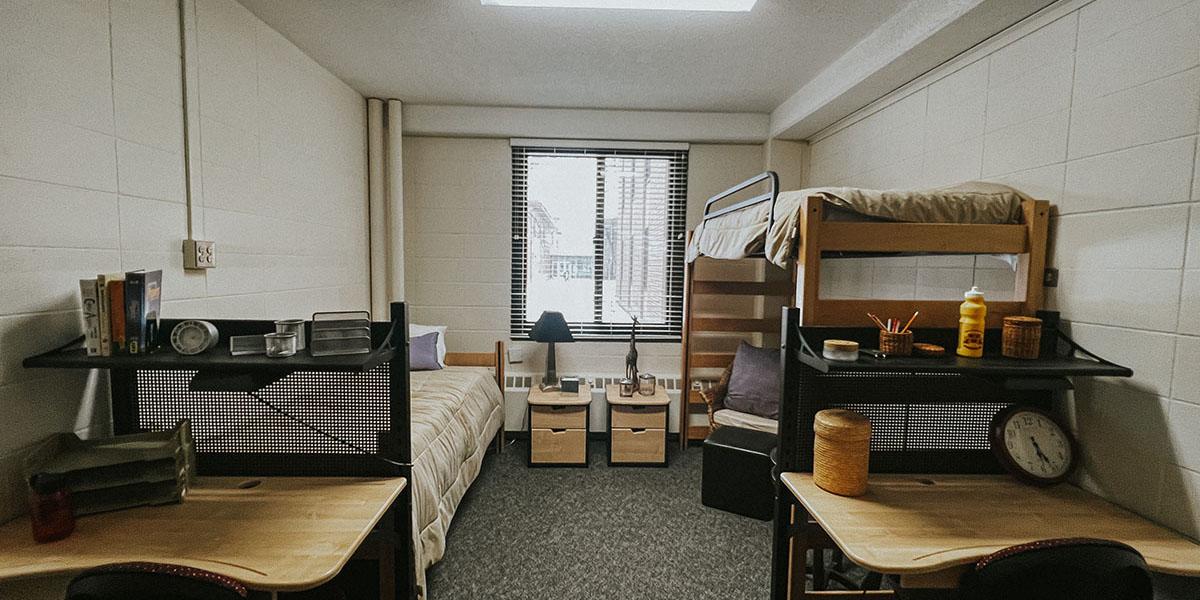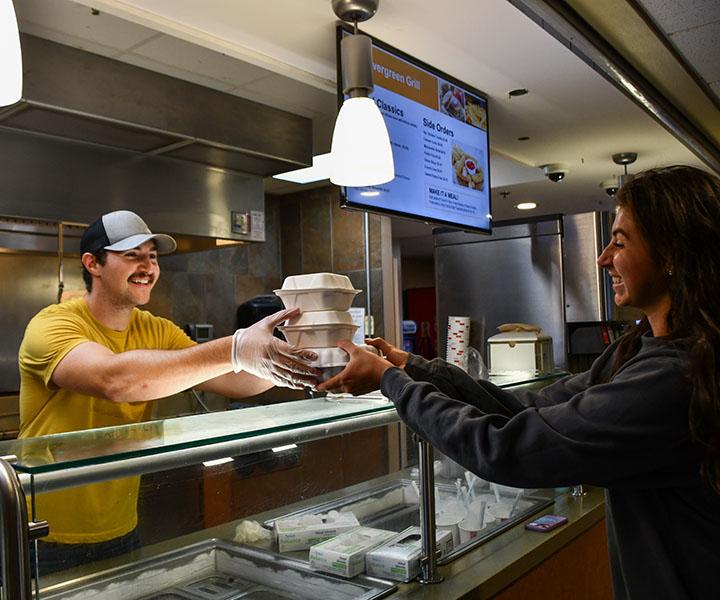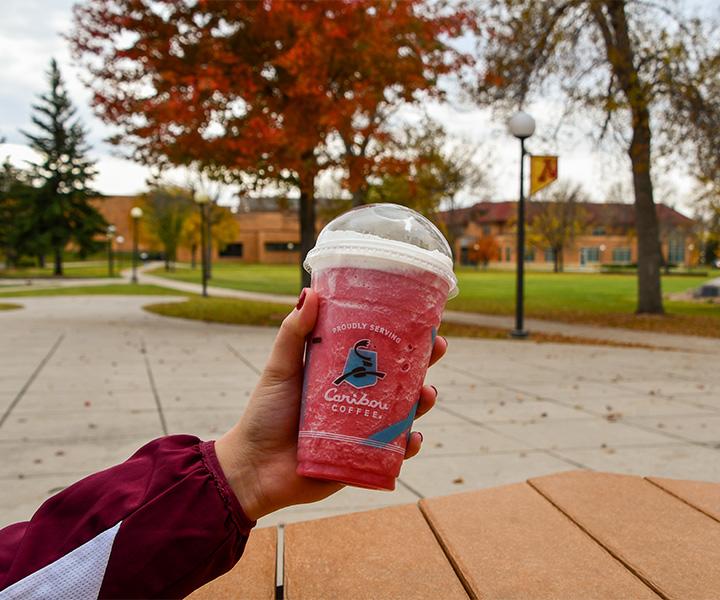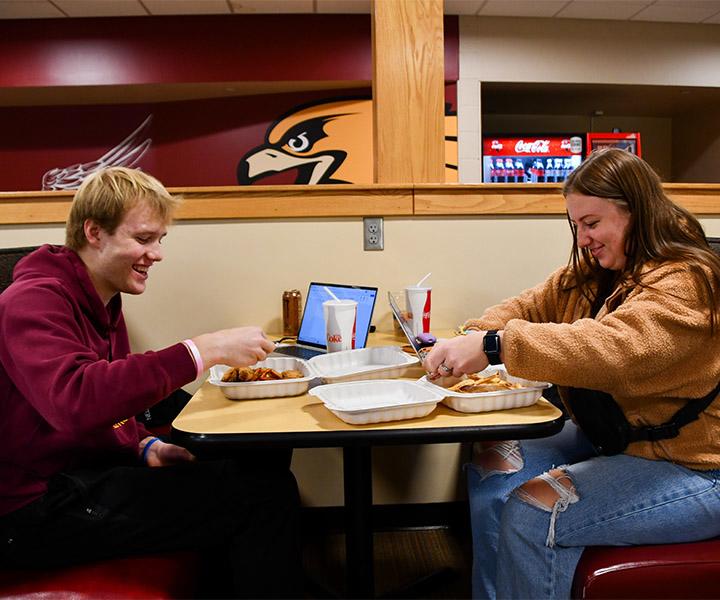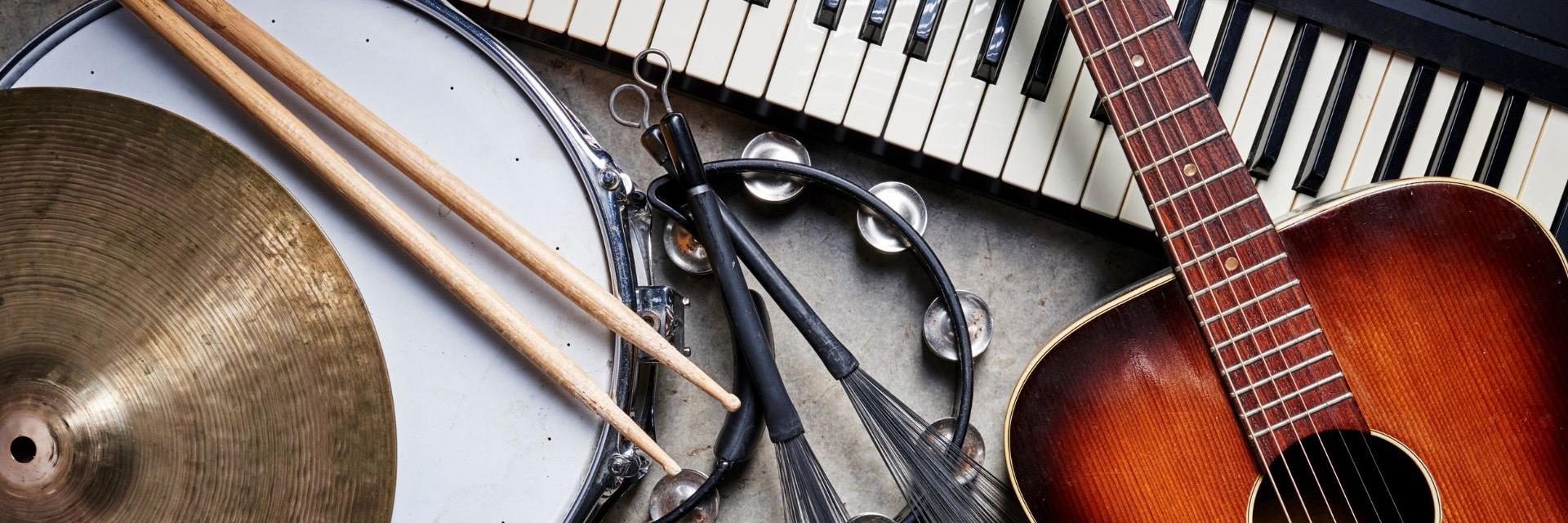
Program Overview
| Program | Course Delivery |
|---|---|
| Music - Minor | On-Campus |
Continue your passion with a music minor
Songbirds, melomaniacs, and Mozarts of the 21st century, this is the minor for you. The only prerequisite for the music minor is a musical background and/or interest. Opportunities include teaching piano lessons, playing church organ, directing volunteer choirs, directing community musicals, and more. After experiences like that, you’ll be able to “toot your own horn” when interviewing for jobs in the music field.
Music Program Description
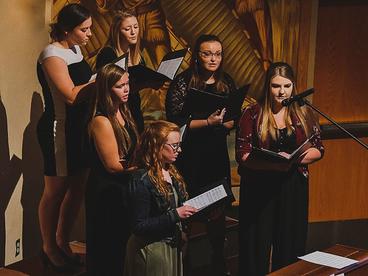
The music minor allows students to develop a concentrated course of studies in music while pursuing a major in another area. Students who plan to earn a bachelor’s degree at the University are generally able to complete the music minor if they have an appropriate musical background and/or interest. Students completing the minor may pursue opportunities in teaching beginning to intermediate piano lessons, playing church organ, directing volunteer choirs, directing community musicals, etc. The minor complements all University major degree programs.
After completing the program, graduates will:
- Vocal or instrumental skills for performance
- Enhanced appreciation of the performing arts
- Skills for part-time employment in the music field
Awards and Accreditation
The University of Minnesota Crookston is accredited by the Higher Learning Commission.
Student Experiences
Cost of Attendance (COA)
Full-time (13-18 credits), on-campus.
| Expense Category | MN Resident & Non Resident |
|---|---|
| Tuition/fees | $13,288 |
| Books/supplies* | $279 |
| Housing/food | $11,024 |
Average Cost After Aid
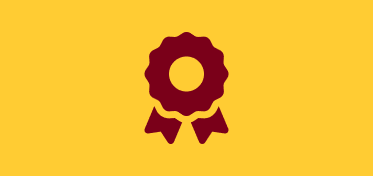
$13,436
Average amount of grants & scholarships received (2022-2023 data)

$12,894
Average net price after grants &
scholarships (2021-2022 data)

$22,883
Average TOTAL student loan debt after
graduation (2022-2023)
Scholarship and Funding Options
The University of Minnesota Crookston provides quick and easy access to over $1 million worth of scholarship opportunities for new and returning students!
Your Future Professors
What is Campus Life Like?
Residential Life
University of Minnesota Crookston's residence halls are ranked #1 public college dorms in Minnesota by Niche. The residential halls are clean, safe, spacious and modern. There is a mix of traditional style rooms, suites, and apartments available on-campus which include amenities such as ensuite bathrooms, walk-closets, and full size kitchens with all major appliances. There are also beautiful common spaces in every residential building that are great places to hangout, play games, study, or relax. Schedule a tour to see for yourself why they're ranked #1!
